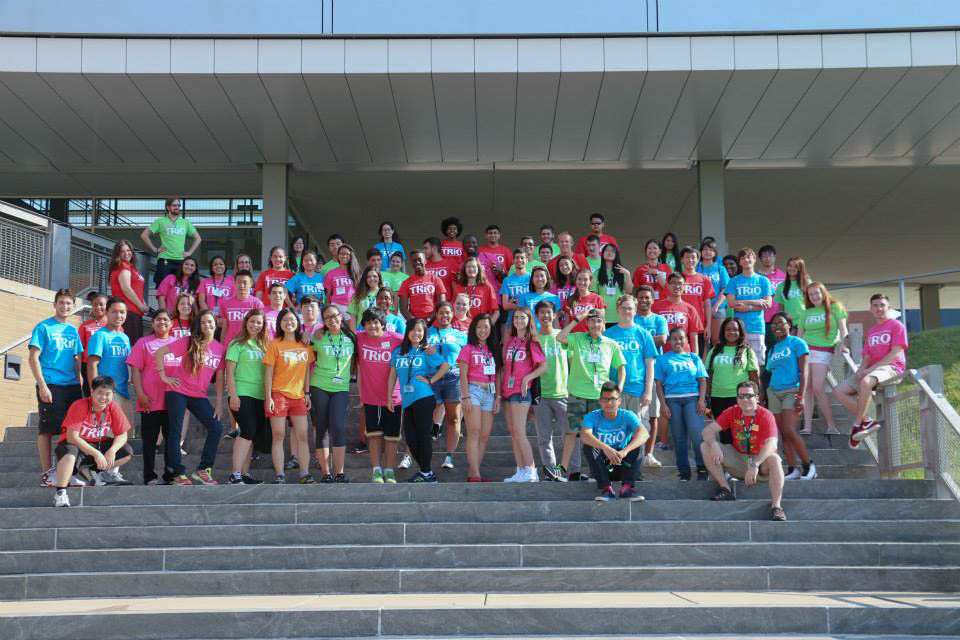As the semester winds down and students prepare to leave campus for the summer, many freshmen will soon begin their journey at Binghamton University — a few weeks earlier than their fellow classmates. Members of the Educational Opportunity Program (EOP) and Student Support Services (SSS) participate in summer residency programs that strive to provide first-generation and low-income college students with the tools needed to successfully navigate college life.
EOP began in 1968 at BU and has developed into a four-week residential summer program called the Binghamton Enrichment Program (BEP,) in which new students take courses in math, writing, chemistry, geography and human development.
During BEP, students attend workshops on study habits, financial aid and academic advising and discuss different aspects of campus life with peer mentors.
Calvin Gantt, the current director and a 1992 graduate of EOP, said BEP is designed to introduce students to a variety of the University’s resources with the hope of not only encouraging retention and graduation rates among its participants, but to assist them in building social connections.
“The objective of BEP is to build positive relationships with EOP staff, instructors, classmates and other University officials, and to enhance the confidence and self-determination of incoming students,” Gantt said.
According the University’s EOP page, the program has a retention rate of 98 percent from freshman to sophomore year and a graduation rate that is higher than the national average for other EOP students.
SSS also offers a summer program known as Student Support Services Summer Program (S4P).
Stephen Rebello, the assistant director and an academic adviser for SSS, said that S4P began in 2010 and is designed to give up to 70 students the resources they need to more easily transition from high school to college.
SSS works with TRiO, a federal service outreach program aimed at assisting students from less advantaged socioeconomic backgrounds. TRiO differs from financial aid programs because it also addresses barriers to education that occur because of class, cultural or social reasons.
“Our goal for the program is to give students a head start at Binghamton University,” Rebello said. “When they arrive here in the fall, we hope that they have a working knowledge of the resources on offered on campus, some strategies for success, a network of faculty and staff to help them and strong friendships with a few of their fellow peers.”
During S4P, students spend a week meeting faculty, staff and learning about campus resources, such as financial aid and advising, all while building connections with one another through games and trips. This is followed by a three-week online workshop, aimed at preparing students for college-level math, writing and science courses. Students return to campus three days earlier than the official move-in date to participate in additional workshops in preparation for the semester.
Daniel Arey, a sophomore majoring in human development, took part in S4P prior to his freshman year. He served as a TRiO mentor last year, leading group activities and helping prepare students for the semester. Arey is returning this year as the lead TRiO mentor and said S4P helped him not only build academic relationships, but also lasting friendships.
“I learned the campus far before I moved in, [and] gained a much wider view of the resources available to me than my peers,” Arey said. “I also met my closest friends at Binghamton while participating in the program. S4P drastically shaped the direction my entire college career is slated to take.”



